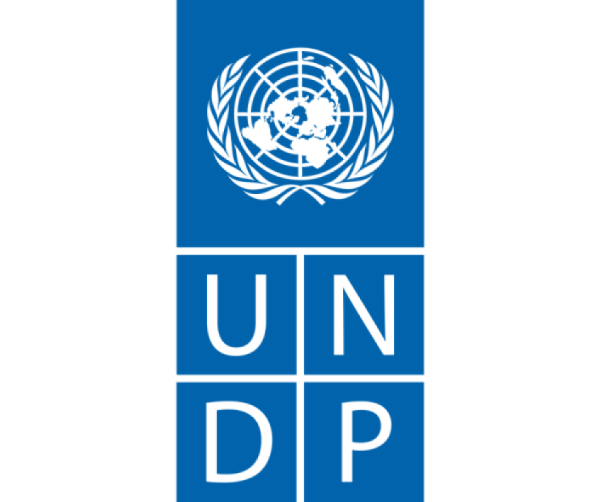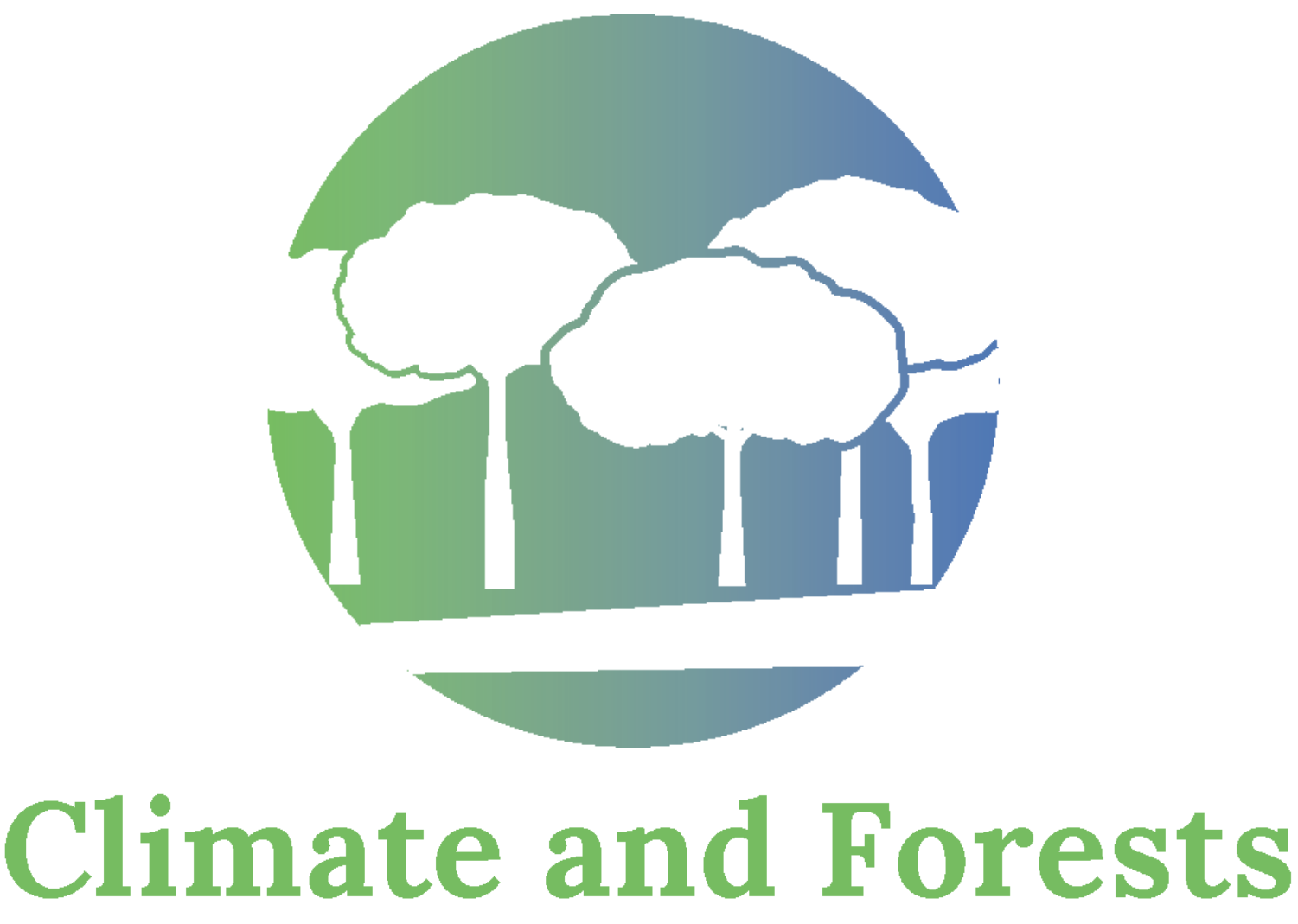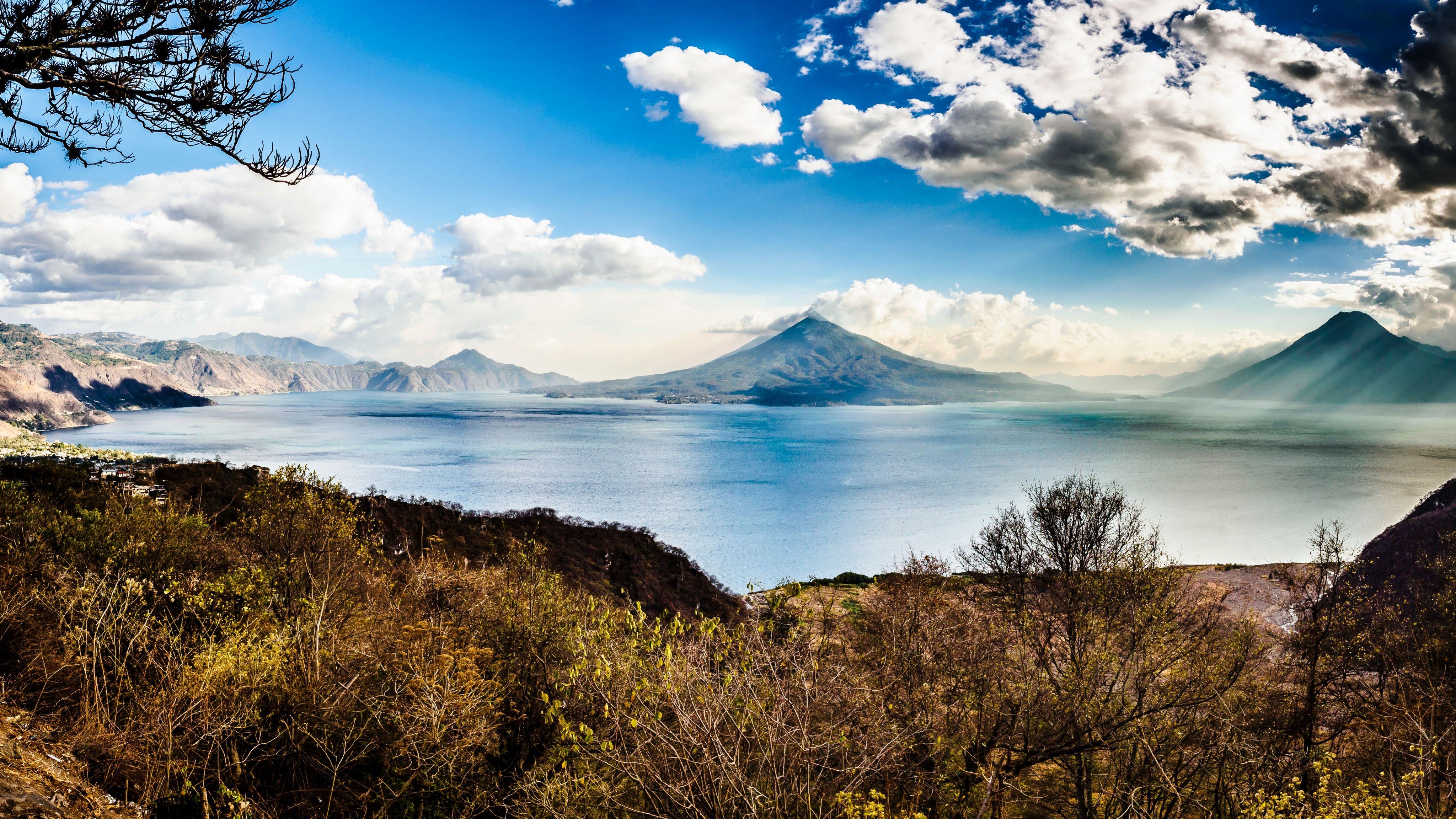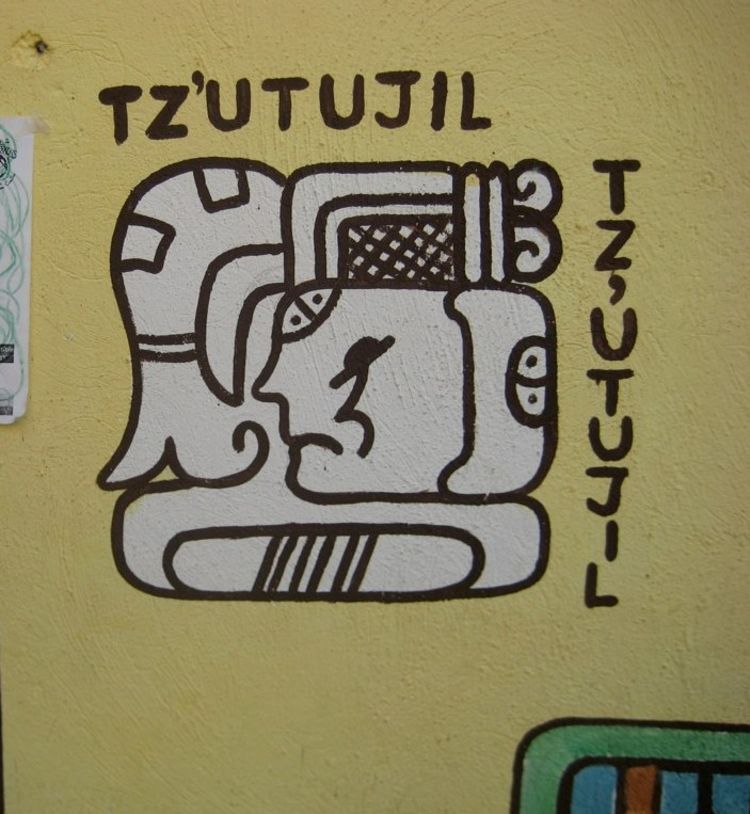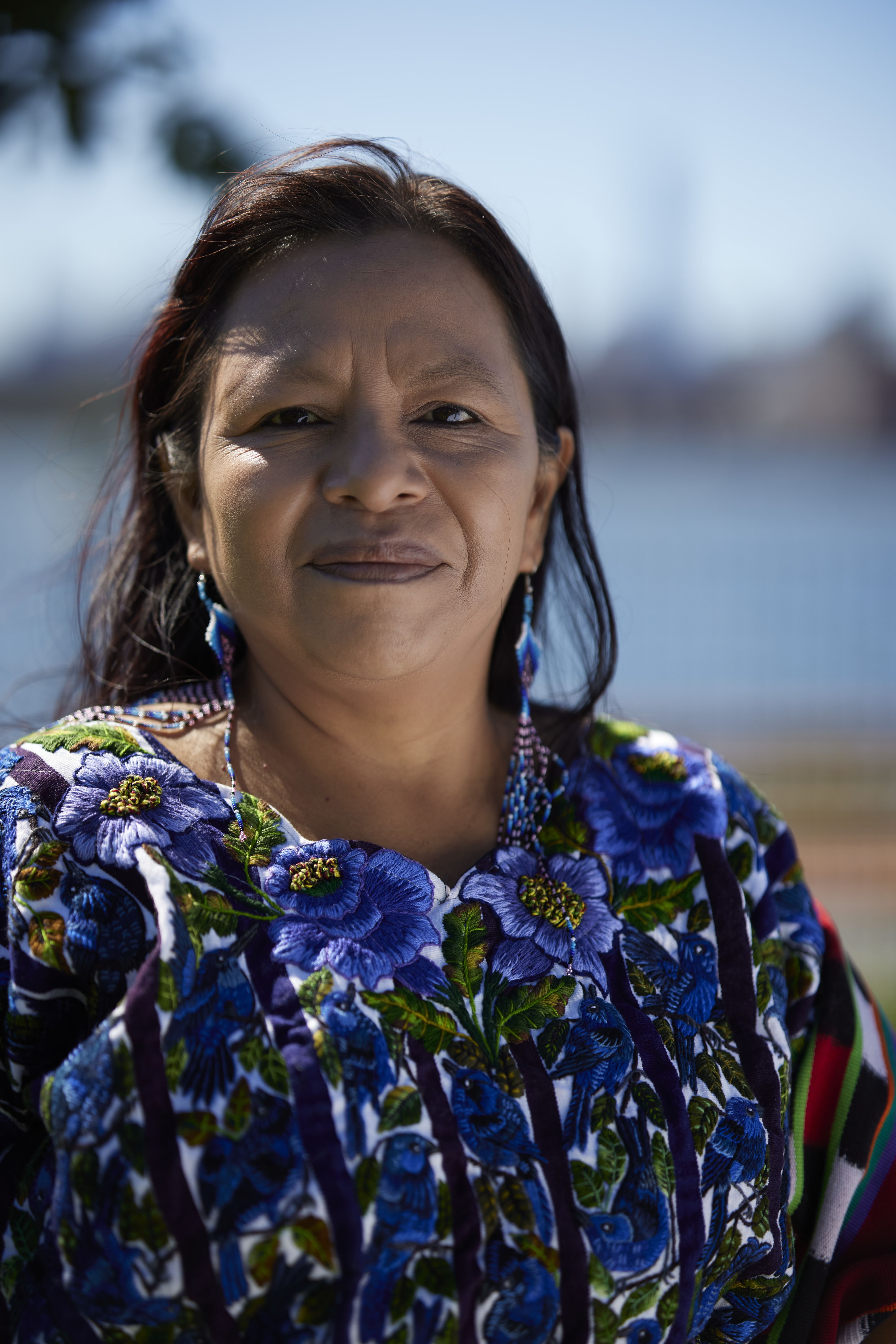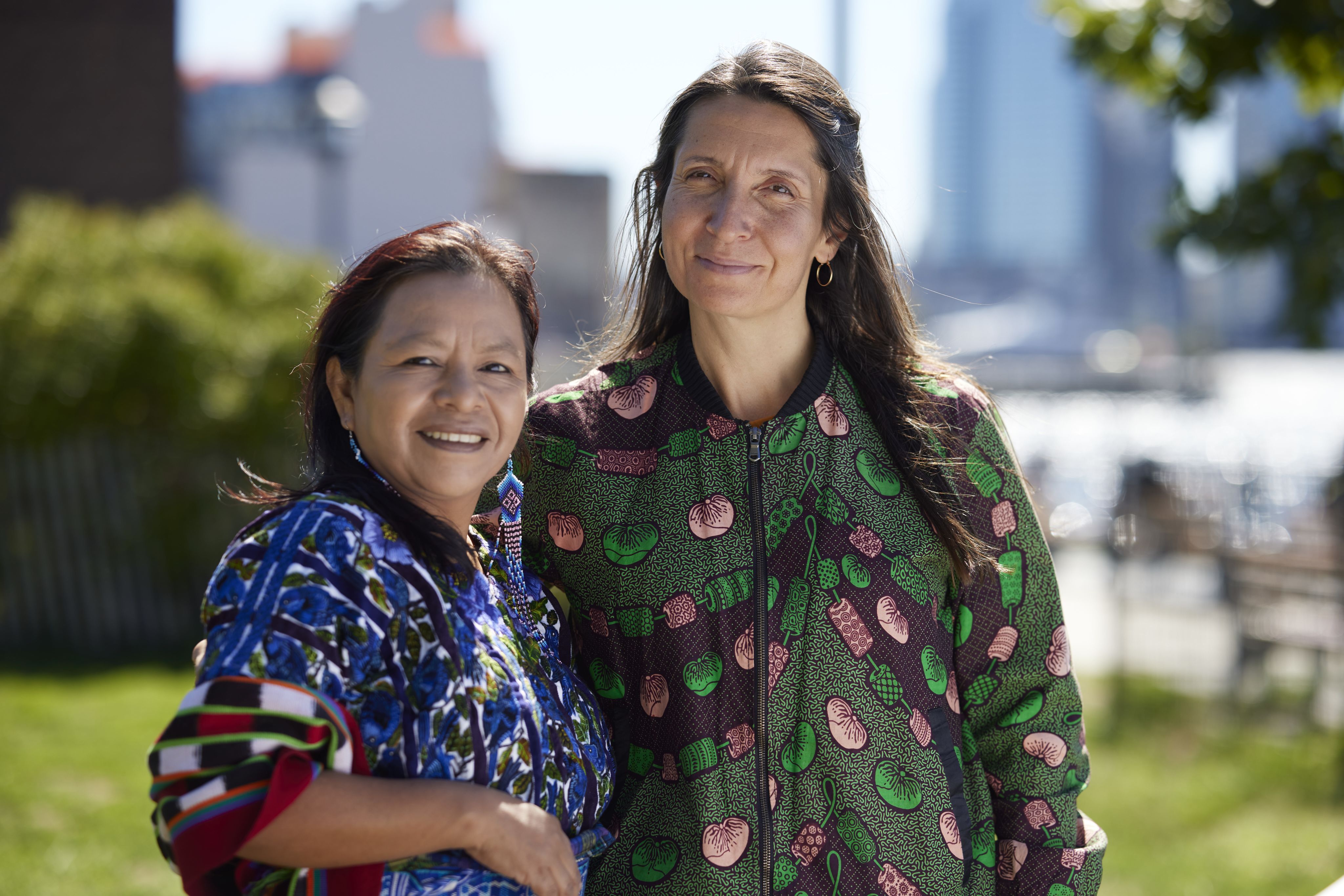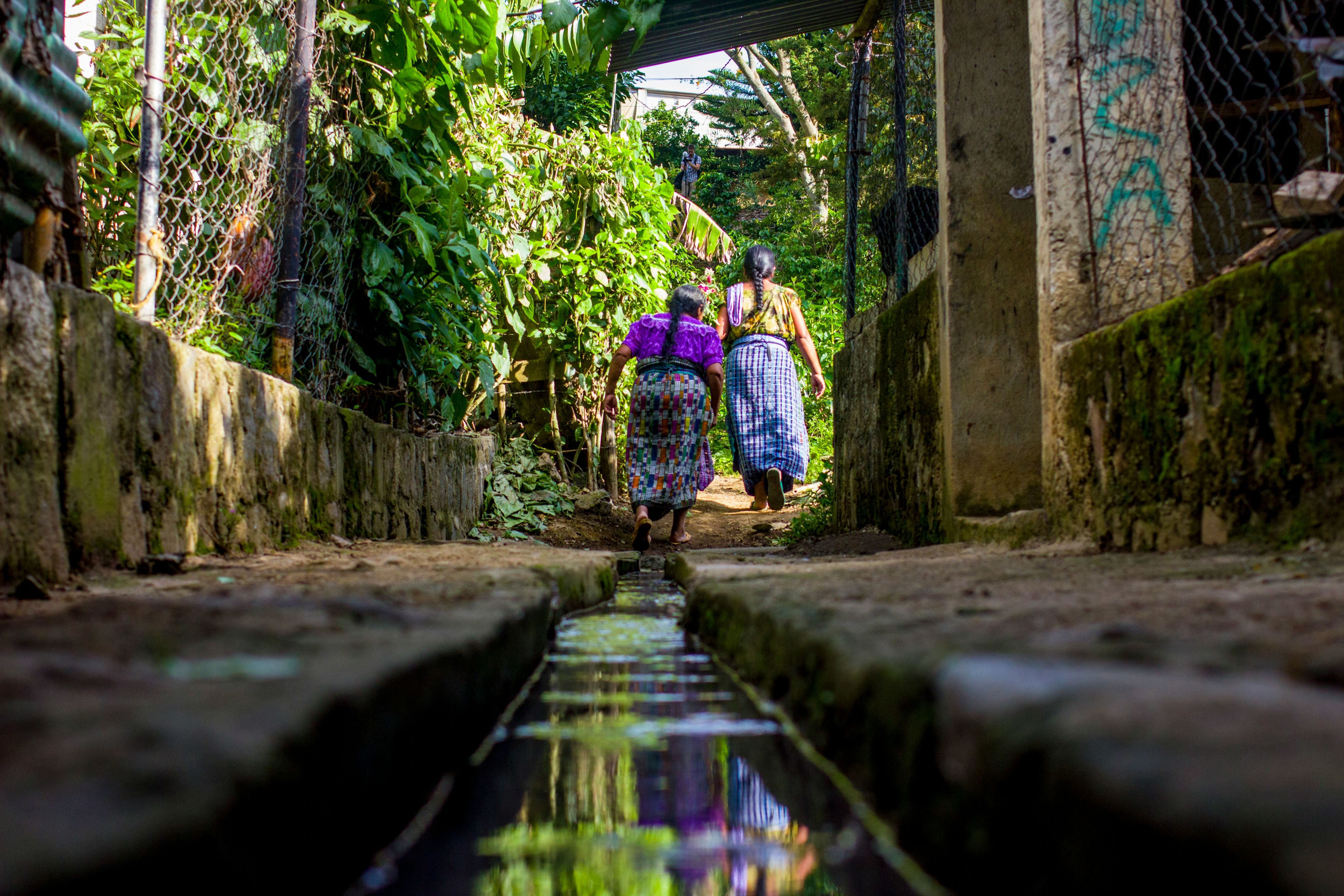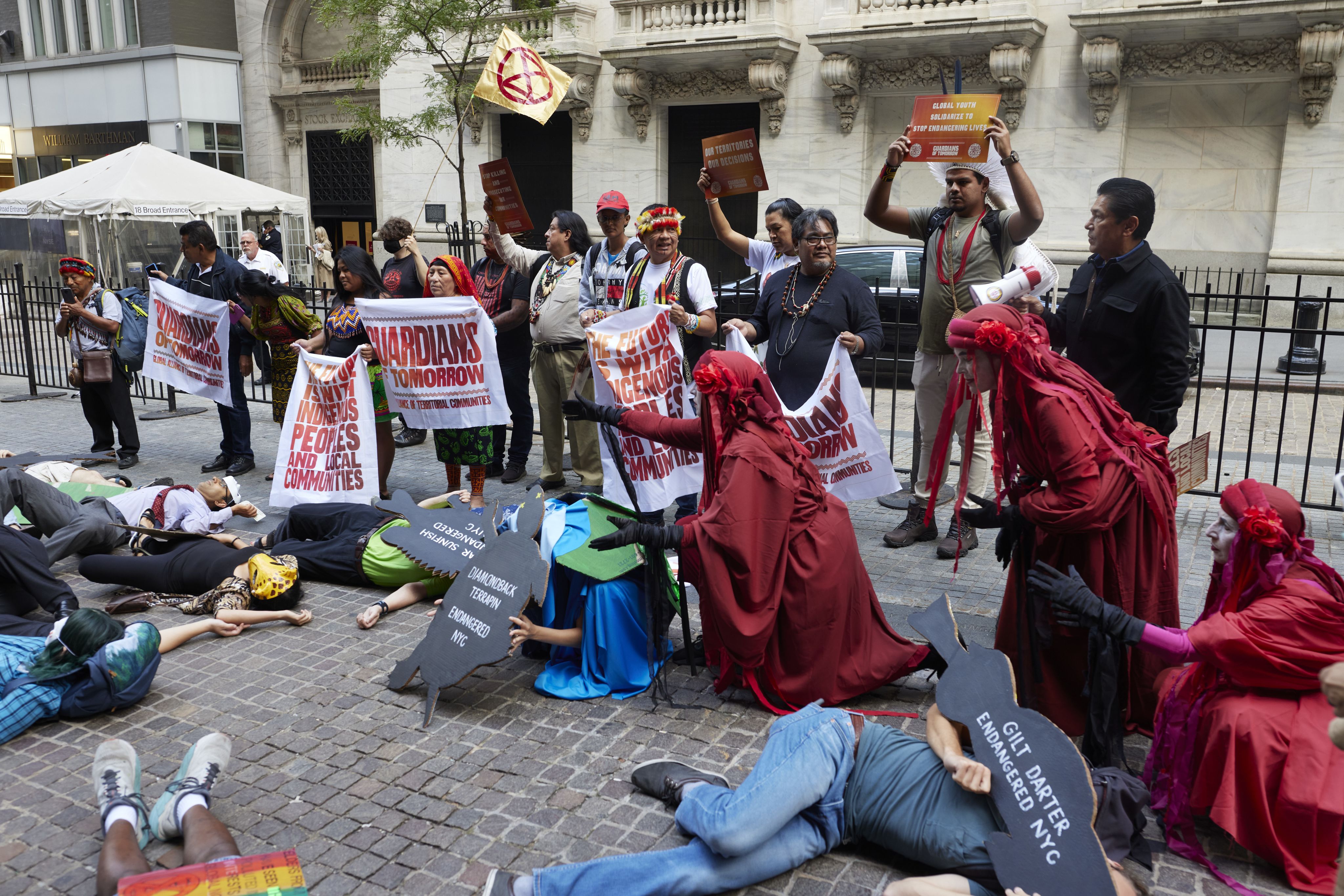“The forest symbolizes life itself”
A conversation with Mayan spiritual leader Nana Marina Cruz
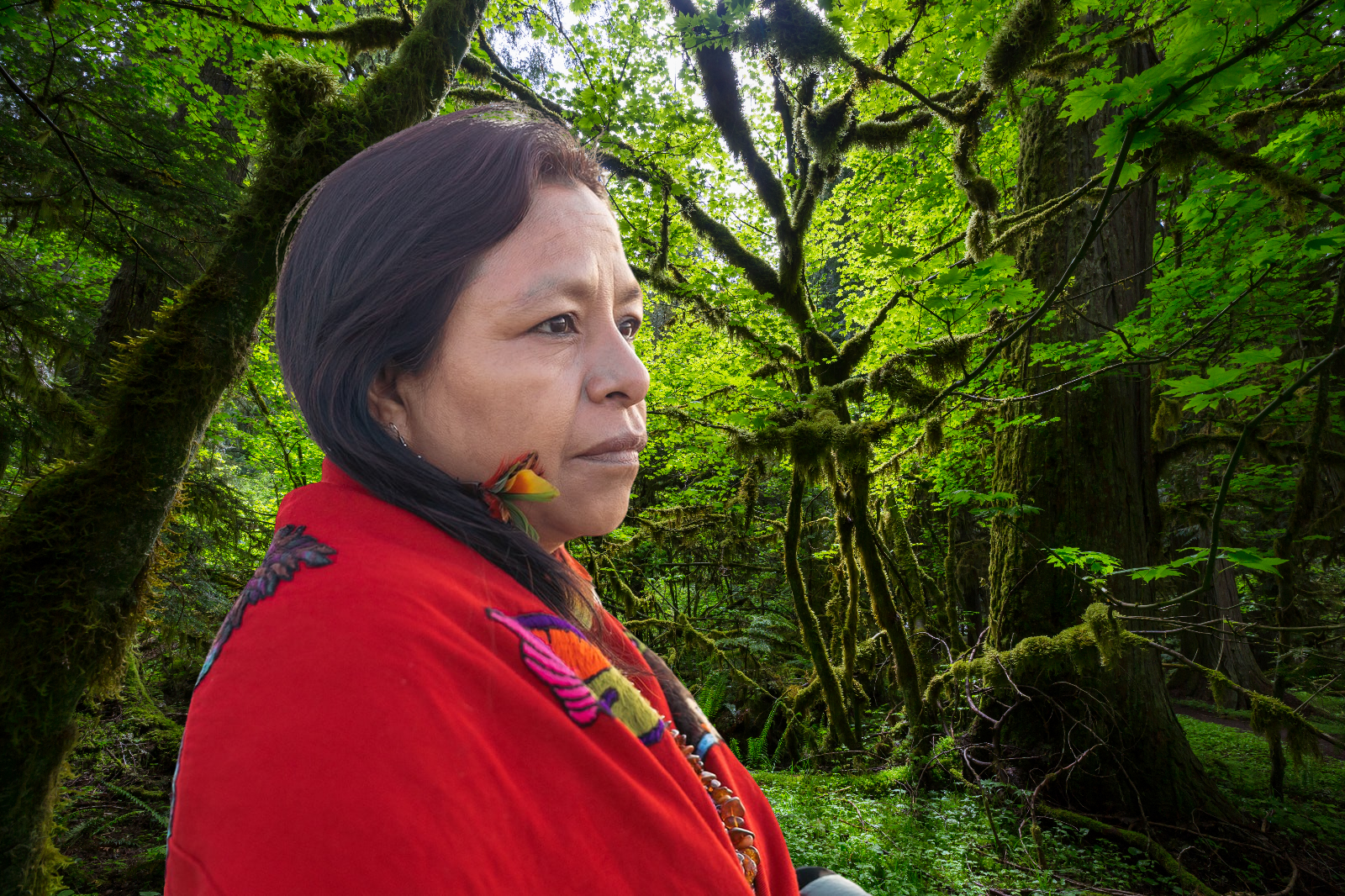
Nana Marina Cruz is a revered Ajq’iij - or Mayan spiritual guide,- and cultural advocate from the Maya Tz'utujil Indigenous Peoples, nestled around Guatemala's picturesque Lake Atitlan. With a profound connection to her ancestral roots, Marina has dedicated her life to preserving and sharing the traditional wisdom of her grandmothers and grandfathers. As a prominent voice in her community, she tirelessly advocates for environmental and cultural conservation and social justice, particularly in the face of climate change and corporate exploitation. Through her work, Marina embodies the timeless Mayan values of communal unity, respect for nature, and spiritual interconnectedness.
Indigenous heritage reflected: Guatemala's lake Atitlan is home to several Mayan communities. Photo by Alexander Schimmeck on Unsplash
Indigenous heritage reflected: Guatemala's lake Atitlan is home to several Mayan communities. Photo by Alexander Schimmeck on Unsplash
Can you please introduce yourself?
Marina Cruz: I am Marina Cruz, a member of the Mayan Indigenous group known as the Maya Tz'utujil. Our community resides near Lake Atitlan in Guatemala. From a young age, I've been immersed in the rich cultural heritage of my ancestors, walking alongside my father and learning the traditional Mayan worldview. Today, I proudly carry on this legacy as a spiritual guide, sharing the wisdom passed down by my grandmothers and grandfathers.
How is climate change affecting your country and community?
Marina Cruz: Climate change affects every corner of the globe, manifesting itself in various destructive ways. Unfortunately, the rampant pursuit of mining and megaprojects, driven by profit-seeking millionaires, is exacerbating this crisis by destroying the environment. Guatemala, like many other places, is not immune to this exploitation, resulting in tangible consequences such as dwindling rivers and escalating temperatures. This ongoing degradation directly contradicts the values and objectives of our people, highlighting the urgent need for action.
What does the forest mean to your community?
Marina Cruz: The forest holds profound significance for our community as it symbolizes life itself. It is from the forest that we receive the air, our very first and last breath. Our ancestors revered the air, understanding its vital role in sustaining life. They taught us that every word spoken, and action taken, is absorbed by the air, emphasizing its sacred nature. The trees within the forest provide us with protection and nourishment, making them an integral part of our identity. They are inseparable from us – cutting down our trees would be akin to severing our own limbs, as the forest embodies our past, present, and future.
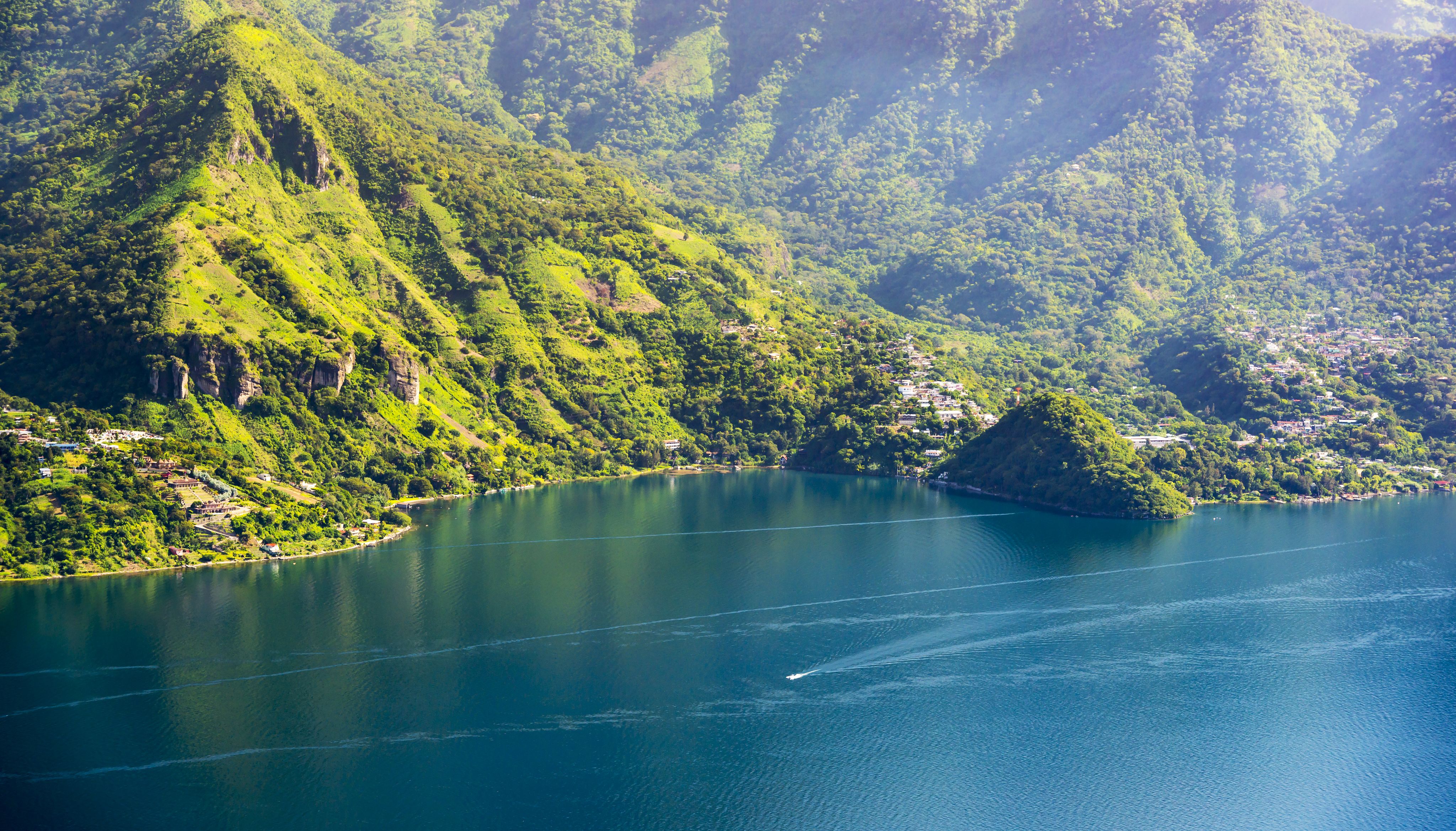
Mayan spritiual leader Nana Marina Cruz (left) in conversation with Nina Kantcheva (right), Senior Policy Adviser on Indigenous Peoples and Local Communities Engagement at UNDP.
Mayan spritiual leader Nana Marina Cruz (left) in conversation with Nina Kantcheva (right), Senior Policy Adviser on Indigenous Peoples and Local Communities Engagement at UNDP.
How can those of us unfamiliar with these rituals begin incorporating them into our lives? What steps can we take to cultivate appreciation for the elements, particularly in a bustling city like New York?
Marina Cruz: It all begins with zero, which holds immense symbolism for the Maya—it represents completeness, the seed from which everything grows. We encourage people everywhere to recognize the ubiquitous presence of trees and water, vital elements that sustain life. Air is our essence, our connection to this Earth, our Mother. It's essential to express gratitude by offering flowers, planting trees, or burning copal to carry our intentions. We must reconnect with the spirit inherent in nature, understanding the depth and interconnectedness of all life forms. Sadly, modern society has disconnected us from these natural rhythms, pushing us to rush through life without patience or regard for the cyclical nature of existence. Our ancestors revered each phase of the day – the sunrise, noon, and sunset – as moments of gratitude and transition. We must rekindle this reverence and restore our bond with Mother Earth through mindful practices.
The trees within the forest provide us with protection and nourishment, making them an integral part of our identity.
Nana Marina Cruz
Mayan Spiritual leader, Guatemala
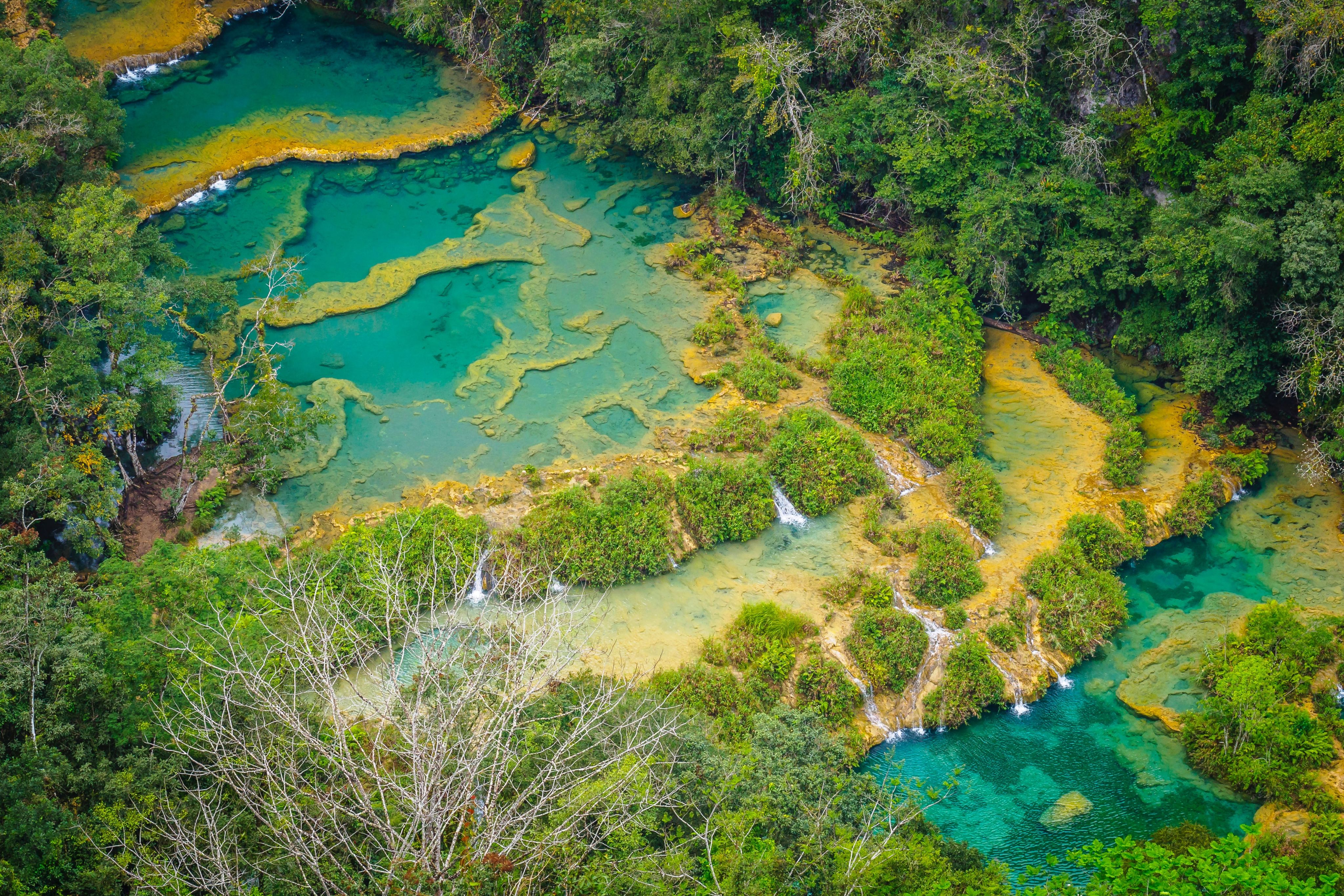

How do your personal endeavors contribute to influencing global collective efforts?
Marina Cruz: Community work is essential, embodying the core principle of our people's strength and essence. It fosters sharing and knowledge exchange, preserving our living tradition rooted in oral history. Each of us contributes to this communal effort, recognizing the importance of our individual paths. I constantly navigate between solitude, my community and broader humanity, driven by my mission as a Maya Tz'utujil. My role encompasses being a spiritual guide and timekeeper, reflecting our Mayan tradition of reverence for cyclical time. My mission is to amplify the voices of my ancestors and advocate for nature conservation, rooted in spiritual connection rather than preaching. We express gratitude to the elements for sustaining life, acknowledging our interconnectedness with Mother Earth and the responsibility to care for her.
Community during a Mayan ceremony. Photo: Nina Kantcheva
Community during a Mayan ceremony. Photo: Nina Kantcheva
Photo by Robin Canfield on Unsplash
Photo by Robin Canfield on Unsplash
What is your message to world leaders?
Marina Cruz: My message to world leaders is a plea for conscience. They hold responsibility for authorizing permits to mining and exploitative companies, effectively selling off our precious Mother Earth and its resources. It's disheartening to see governments prioritizing profit over the well-being of humanity and the planet. If leaders truly embody their roles, they must take meaningful action to serve humanity and protect our environment. Pursuing wealth at the expense of our planet's health is not true happiness; it's time to prioritize life and consciousness over profit. There will come a time when essential resources like water and air cannot be bought or artificially produced. Therefore, I urge a halt to the permissions granted to these destructive endeavors.
"Pursuing wealth at the expense of our planet's health is not true happiness; it's time to prioritize life and consciousness over profit."
Nana Marina Cruz
Mayan spiritual leader, Guatemala
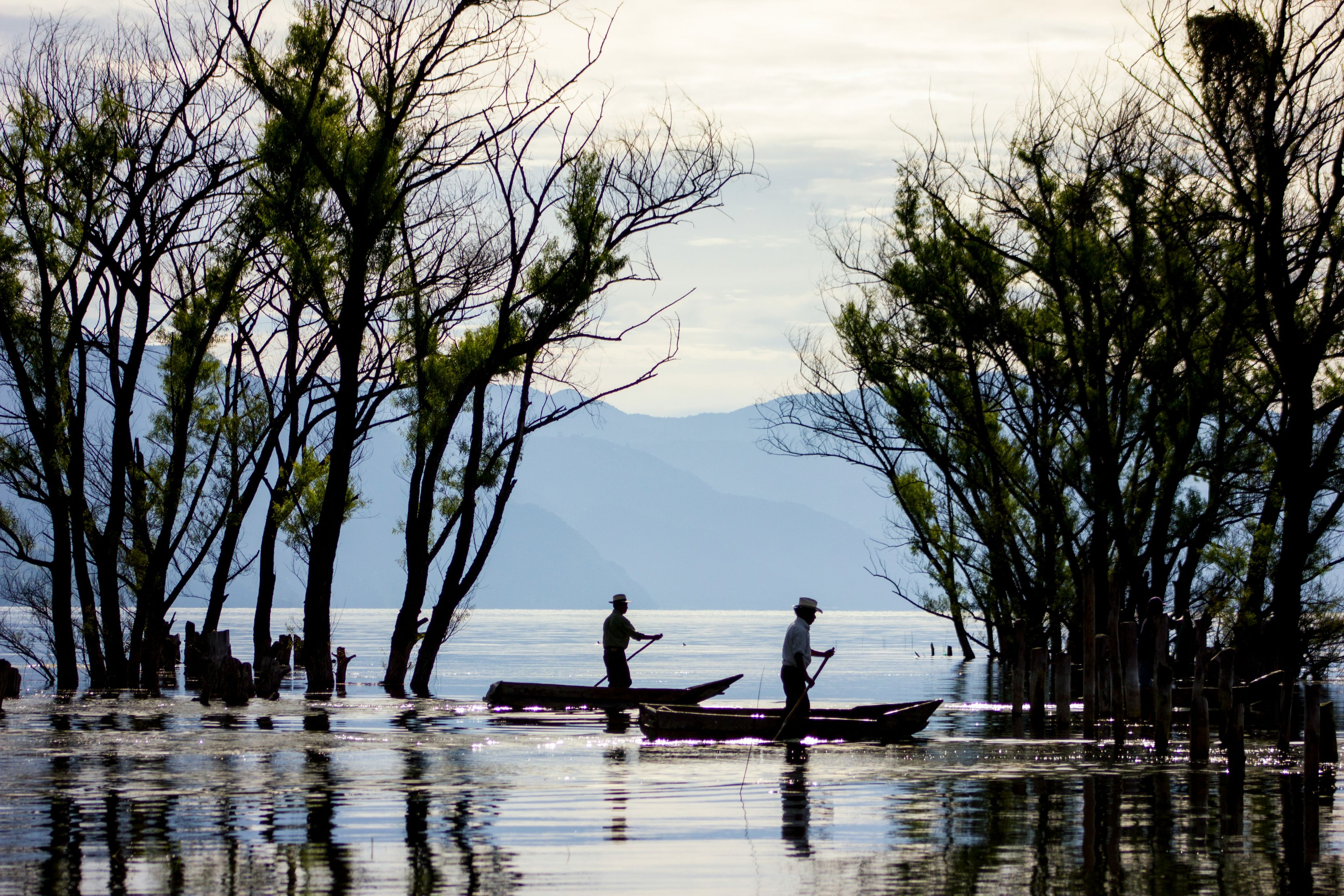

Indigenous leaders from the Global Alliance of Territorial Communities gathered in New York City during Climate Week, September 2022 to advocate for immediate climate action and the recognition of Indigenous Peoples' rights.
Indigenous leaders from the Global Alliance of Territorial Communities gathered in New York City during Climate Week, September 2022 to advocate for immediate climate action and the recognition of Indigenous Peoples' rights.
Which are your greatest hopes? And your greatest fears?
Marina Cruz: On this planet, one of my greatest hopes lies in raising awareness. As we become more conscious, we begin to care for Mother Earth. Decreasing the use of pollutant items like plastic bags is a tangible step towards contributing to a cleaner environment and preserving the breath of life. By taking action to clean rivers and lakes, we uphold purity and respect for our natural surroundings. Unfortunately, fear looms large as rivers dry up and lakes turn into deserts, highlighting the urgent need for forgiveness and awareness of our resource usage. It's our collective desire to reconnect with life itself, moving away from the competitive, fast-paced mentality that neglects the well-being of future generations. Mother Earth is the seed of life, and it's time for us to embrace our role in nurturing and preserving her.
Tz'utujil woman in Santiago Atitlán, Guatemala. Photo by Luis Alveart
Tz'utujil woman in Santiago Atitlán, Guatemala. Photo by Luis Alveart
This interview was recorded by UNDP Climate & Forests, with support from the UN-REDD Programme, in September 2022 during Climate Week in New York City.
UNDP Climate & Forests systematically promotes social equity, including the rights, knowledge, and inclusion of Indigenous Peoples and local communities, to ensure forest solutions to climate change contribute meaningfully to delivering on the NDCs and advancing the SDGs.
Interview conducted by: Nina Kantcheva, UNDP Climate and Forests
Text editing, translation, layout: Roxana Auhagen, UNDP Climate and Forests
Photo copyright: UNDP / Colin Morvan, others as indicated
